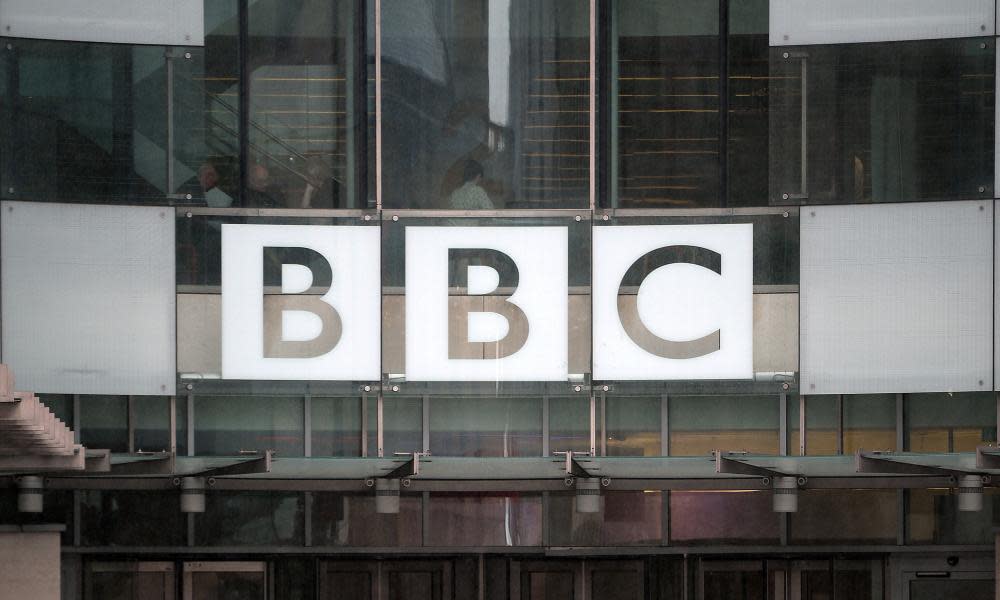BBC wins green light for Scottish TV channel

The BBC has received provisional approval to launch a new television channel in Scotland from the broadcasting regulator Ofcom.
Costing around £32m, the high-definition channel is expected to go on air later this year, as part of the BBC’s efforts to address complaints from Scottish National party politicians, TV companies and some viewers that it has neglected Scottish audiences.
Ofcom forecast that the channel would attract a small audience of 1.65-3.65% of Scottish viewers, in part because of intense competition.
The BBC dominates viewing in Scotland, with a 32% audience share overall. However, its specialist channels such as BBC Four or CBeebies attracted only about 3.75% of viewers last year.
Ofcom said it supported the BBC’s proposals in full, but chastised the corporation for failing to consult on its plans to reduce new programming for the channel to 50% of its output after 7pm.
Independent production companies said cutting back on original programming and increasing repeats would reduce the new channel’s appeal. They and the SNP complained that the BBC spent only about £30m a year on Scottish programming, even though £320m a year was earned from licence fees in Scotland.
Ofcom also said the BBC had to pay close attention to the impact the new channel could have on rival broadcasters such as STV, and to whether it was “crowding out” Scottish newspapers and online news services.
The corporation plans to hire 80 additional journalists to help produce a one-hour weeknight news and current affairs programme. Scottish newspaper editors complained last year that this would increase competition and involve poaching their staff.
Ofcom said it could launch a fresh competition assessment if evidence came to light that the new channel was unfairly affecting its rivals. A final decision on the channel is due from the watchdog by 11 July.
The channel will air from noon to midnight, but until 7pm will simulcast BBC Two or feature Scottish political programming.
The BBC has faced consistent pressure from SNP leaders such as Alex Salmond to increase Scottish programming. Salmond demanded BBC One broadcast a so-called “Scottish Six” news programme in place of the UK network’s Six O’Clock News.
Attacks on the corporation’s Scottish coverage intensified during the 2014 independence referendum, with nationalists accusing it of favouring a “no” vote. “Yes” campaigners demonstrated outside BBC Scotland’s headquarters in Glasgow and in the city centre.

 Yahoo News
Yahoo News 
